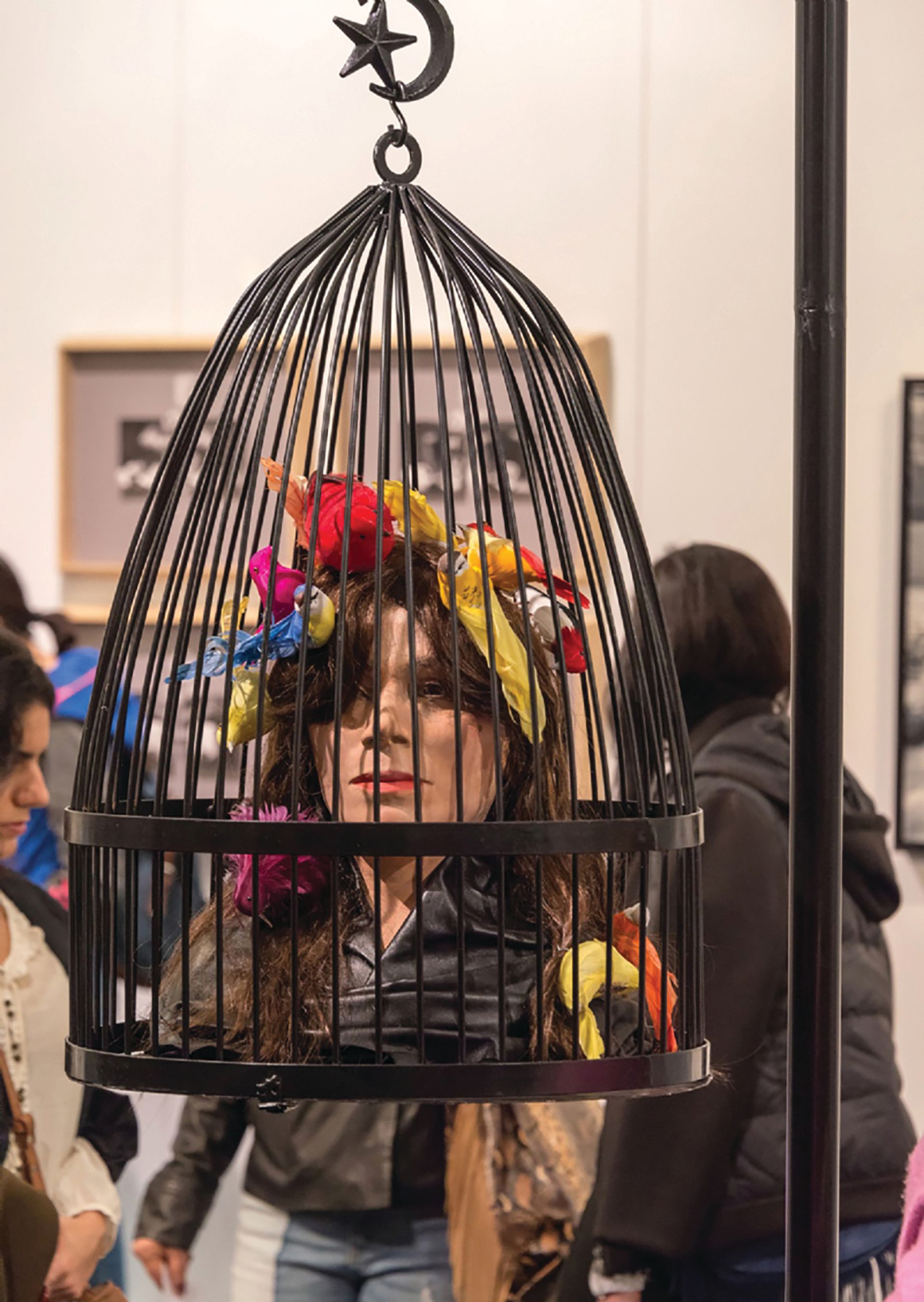Key art world figures in Istanbul are concerned about a slump in the market following the failed coup in Turkey in June, with some local dealers worried that international collectors are turning their backs on the country in the current climate of political and economic instability.
The number of galleries exhibiting at last month’s edition of the Contemporary Istanbul fair dropped from 102 to 70, while the percentage of foreign galleries fell from 65% in 2015 to 46%, as confirmed by the organisers. Nevertheless, the fair gave the market some reassuring signs, drawing in a record 90,000 visitors, up from 84,000 last year. The proportion of works sold hovered around the same mark too, according to the fair organisers—62% compared with 64% in 2015.
In a further effort to bolster international attendance next year, Contemporary Istanbul has been rescheduled to take place during the third week of September, coinciding with the 15th Istanbul Biennial. Meanwhile, the city’s other fair, Art International, which was cancelled this year amid safety concerns, is also scheduled for that same week, says the fair’s co-founder, Sandy Angus, of the London-based events company Angus Montgomery.
Emre Kurttepeli, the director of the New York gallery C24, says he expected sales at Contemporary Istanbul to be driven by mostly local collectors. “Our concerns were that highly priced works would not sell as easily due to the economic situation, so we brought more ‘economically friendly’ [cheaper] works,” he says. People were buying, but they were more hesitant, he adds.

Many dealers—some of them participants in the fair—say there has been a decrease in the number of foreign cultural figures visiting the country since the failed coup. “More and more there is this sense of isolation, which can be demoralising,” says the gallerist Nicole O’Rourke, an associate at Rampa Istanbul, which decided to not take part in Contemporary Istanbul this year.
“What we need is a long-lasting relationship with collectors. There are very few collectors following the galleries throughout the year,” says Feza Velicangil, the director of the Istanbul-based Sanatorium gallery, which is relocating to a bigger venue in the Karaköy district. In September, her gallery launched the inaugural Gallery Weekend in Istanbul, along with 13 other dealers. The aim was to “show solidarity with other dealers and create possibilities for the art community to get together”, says Moiz Zilberman, the director of the Istanbul- and Berlin-based Zilberman Gallery.
The Istanbul-based contemporary art collector Ari Mesulam has mixed feelings about how the commercial sector is faring. “The gallery scene is small in Istanbul, and obviously if one gallery closes, there is a ripple effect. I would say, that it is challenging for the gallery scene here but there is optimism. I believe that Contemporary Istanbul should and will survive,” he says.

